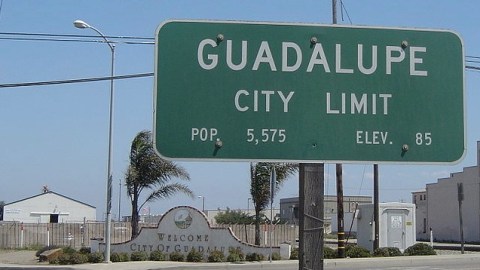The Growing Hispanic Vote

The U.S. is growing. According to the 2010 census the nation’s population grew 9.7% over the last decade. Most of that growth came in the South and West—the Northeast and Midwest each grew less during than 4% over the decade. Because many of the fastest growing states are also relatively conservative, many observers predicted the growth would benefit Republicans in the short term. Politico pointed out that the Northeast and Midwest will lose 11 seats in the next round of Congressional redistricting, with 8 of those moving west—and that John McCain would have won 6 more electoral votes in 2008 if these population changes had already been taken into account.
But many of the fastest growing states—like Nevada, whose population grew at a brisk 35.1%—are also states with large Hispanic populations. In fact, the Washington Post reports that racial and ethnic minorities accounted for fully 85% of the nation’s population growth, with much of the growth coming in the Hispanic population. Hispanics accounted for 40% of the growth in the voting-age population, and for more than half the growth in the voting-age population of the key states of California and Texas. That growth will translate into political influence. “There are going to be a lot of additional Hispanic officials when redistricting is done,” former chief counsel of the Republican National Committee E. Mark Braden told the Post.
In the long run, it probably means a lot of new Democrats as well. Hispanics don’t always vote Democrat by any means—and as a group have a strong conservative streak—but as Reid Wilson says, growing minority populations will make many states less reliably conservative. Especially since the Republican Party’s stance on immigration issues—and the way some Republicans use the fear of foreigners and non-whites to win votes—have alienated many Hispanics who might otherwise vote for conservative candidates. It’s another reason, in spite of the Republicans’ victory in the 2010 midterms, why the long-term demographic trends are against them. If Republicans don’t start to take the concerns of the Hispanic population more seriously, they won’t win many more of those victories.
Photo credit: Geographer





